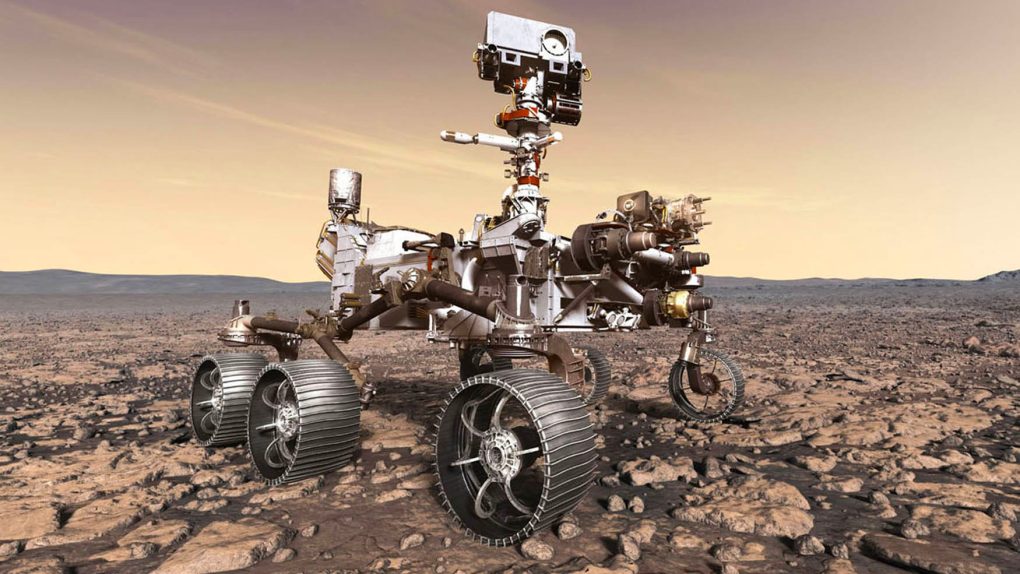- NASA’s Perseverance rover is rapidly approaching its destination on Mars, with an expected landing later this month.
- NASA and other space agencies take great care to ensure that microbes and other contaminants from Earth don’t hitch a ride on missions to other worlds.
- The precautions can seem extreme, but the importance of ensuring that other planets remain free of Earthly contamination is worth the effort.
We’re literally just days away from the arrival of NASA’s Perseverance rover on Mars. The rover is packed with advanced scientific instruments that could teach us incredible things about the Red Planet, and the samples it collects and prepares for eventual study on Earth have the potential to tell us what Mars was like in the distant past, and perhaps even if it once hosted life in some form.
One thing that definitely won’t be arriving on Mars along with the rover is bacteria, viruses, or any other Earthly microbes. NASA goes to extreme lengths to ensure that its missions have virtually zero chance of contaminating other worlds. This is important for a variety of reasons, but perhaps the most important is that we’re still searching for life in the cosmos, and when we find it, we want to make sure we’re right about it.
NASA’s planetary protection policies are robust — the agency even recently created a new position for a Planetary Protection Officer — and it all starts inside the so-called “clean rooms.” Clean rooms are rooms that are, well, clean of any potential contaminants, and NASA uses these large rooms to construct, test, and finalize hardware that will eventually be sent into space.
Engineers and scientists that work in these rooms wear sealed suits as though they were handling biohazardous material, but the reality is that they don’t want any of their own microbes to end up hitching a ride on a rover or spacecraft bound for other worlds. If NASA didn’t take these steps, microorganisms could potentially survive trips through space, including to Mars, and contaminate the planet with life.
But that doesn’t sound so bad, right? I mean, if the planet is a barren wasteland, why not bring some microbes along and see if they can thrive? Well, the answer to that question has everything to do with our desire to find extraterrestrial life. We still don’t know if Mars ever had (or maybe still has) any kind of life. Missions like Perseverance will eventually help to provide a more conclusive answer, but until that happens, bringing microbes from Earth will only make that discovery more difficult.
Imagine a scenario where the rover takes a sample of Martian soil and that sample eventually makes it back to Earth for study. Scientists examine it and find biological life on a microscopic scale, not realizing that the bacteria they spotted actually came from Earth. It would completely negate the discovery while also calling into question all future discoveries made on Mars. One day, mankind may choose to seed other worlds with life, but right now that’s just not acceptable.








